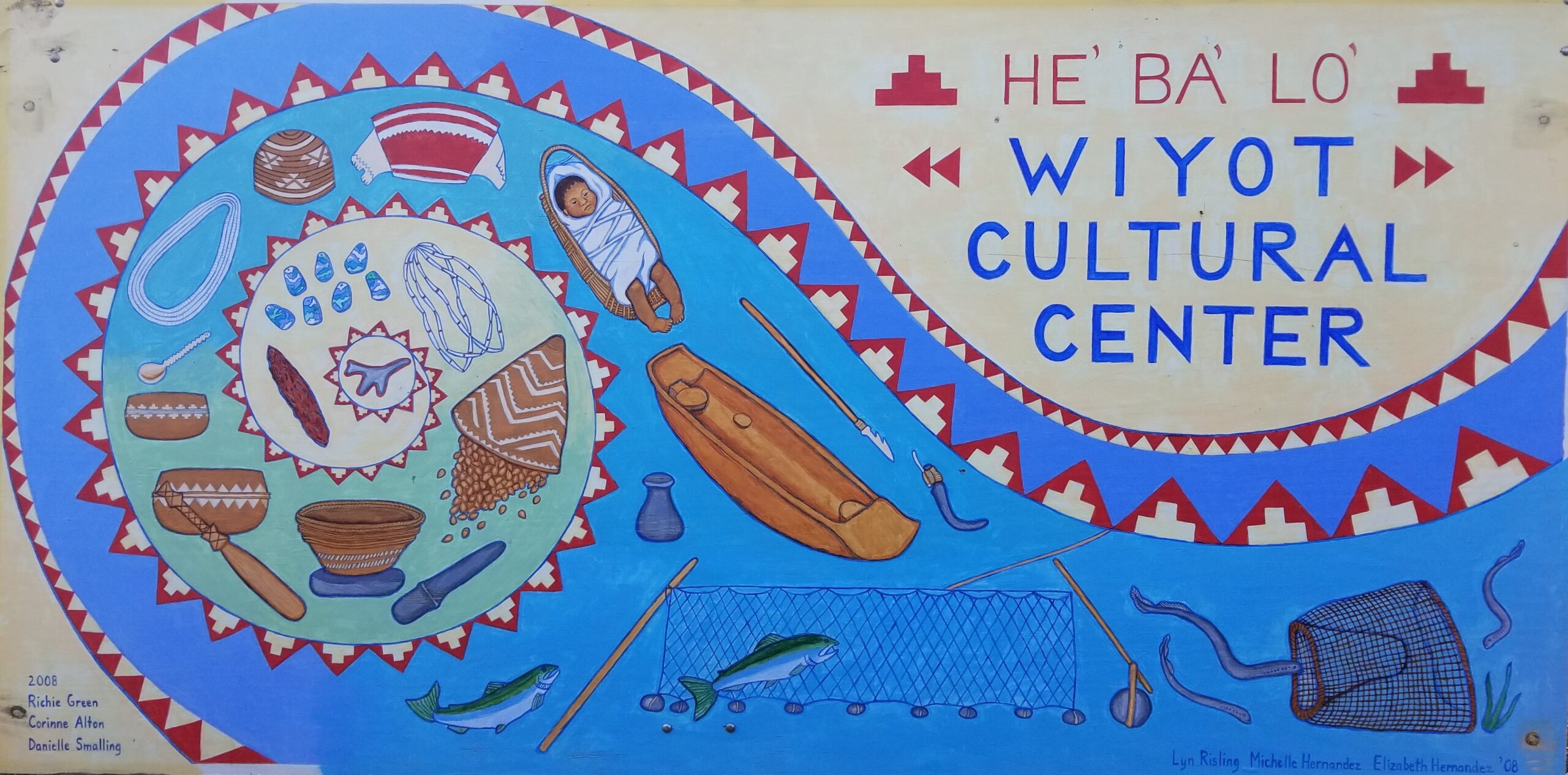A Celebration of Language and Culture
This weekend, a significant event will take place in Eureka, California, as representatives from the Wiyot Tribe, the Ink People Center for Arts and Culture, and the City of Eureka come together to celebrate the completion of the “Speaking Soulatluk” project. This initiative features 15 new interpretive signs along the Humboldt Bay, known as Wigi in the Soulatluk language.
The celebration will begin with a ceremony on Friday at 4 p.m. at “the foot of F Street” on the Humboldt Bay. The event will highlight the project’s progress, which was developed in collaboration with tribal cultural experts and local artists. It aims to support ongoing efforts to revitalize the Soulatluk language and honor the Wiyot ancestral territory.
Highlighting Cultural Significance
According to a press release from the Ink People, the project’s signs will showcase Wiyot words for local animals, plants, places, and cultural practices. These elements reflect the tribe’s deep and enduring relationship with the coastal environment. The project is funded by a National Endowment for the Arts “Our Town” grant, which celebrates the cultural richness of the region by centering language revitalization efforts in the Eureka area.
The signs are located along the Eureka boardwalk at the foot of F Street and were designed by local artist Kay Lopez. They were created through careful consultation with Wiyot cultural leaders. Each sign includes QR codes that link directly to Wiyot language resources, images of local flora and fauna, depictions of coastal landscapes, and illustrations of Wiyot coastal cultural practices. Additionally, the QR codes provide access to audio recordings and educational materials, allowing residents and visitors to learn pronunciation and context from Wiyot speakers and cultural leaders.
Community Impact and Future Plans
Leslie Castellano, representing the Ink People, emphasized the importance of understanding the culture and traditions of the Wiyot Tribe, who have inhabited the region since time immemorial. She noted that there is a wealth of research on cultural health and language revitalization, and it is crucial for the community to recognize the impact of these efforts.
“The whole community is healthier when we have all of the voices alive and honored in our community,” Castellano said. “This project is a small step forward in advancing our better understanding of the region and the people in our community.”
Eureka Mayor Kim Bergel expressed pride in supporting Soulatluk language learning through this initiative. She stated that connecting culture and history provides opportunities for the community to learn more about one another, ensuring that future generations grow up surrounded by the language and culture of the Wiyot people.
Ongoing Efforts and Collaborations
The project builds on years of work by the Wiyot Tribe to further cultural vitality in the region. The signs are part of a growing effort to promote Soulatluk through public art, educational programs, and language workshops. More installations and activities are planned by the Wiyot Tribe throughout the coming year at the Da Gou Rou Louwi Cultural Center.
In addition, the Ink People will continue to support cultural vitality through community storytelling efforts and by nurturing ongoing partnerships in the Eureka Cultural Arts District. Leslie Castellano highlighted that the project came about after years of collaboration with the parties involved and represents a small but meaningful step in the broader goal of cultural revitalization.
Expanding the Initiative
According to the news release from the Ink People, the first set of signs will soon be joined by additional elements, including Soulatluk language signage on Humboldt Transit Authority buses and a Soulatluk listening station. A mural painted by local artist David Mata will also be installed at the Da Gou Rou Louwi’ Cultural Center at 417 Second Street in Old Town, Eureka.
While the Times-Standard reached out to representatives from the Wiyot Tribe and the Da Gou Rou Louwi’ Cultural Center, they were unable to secure a comment in time for publication. Robert Schaulis can be contacted at 707-441-0585 for further information.



